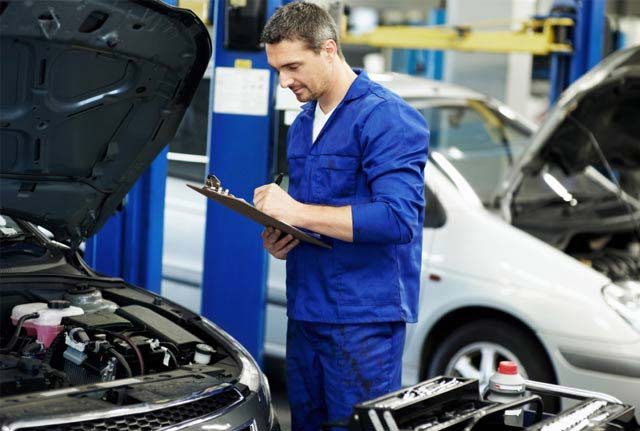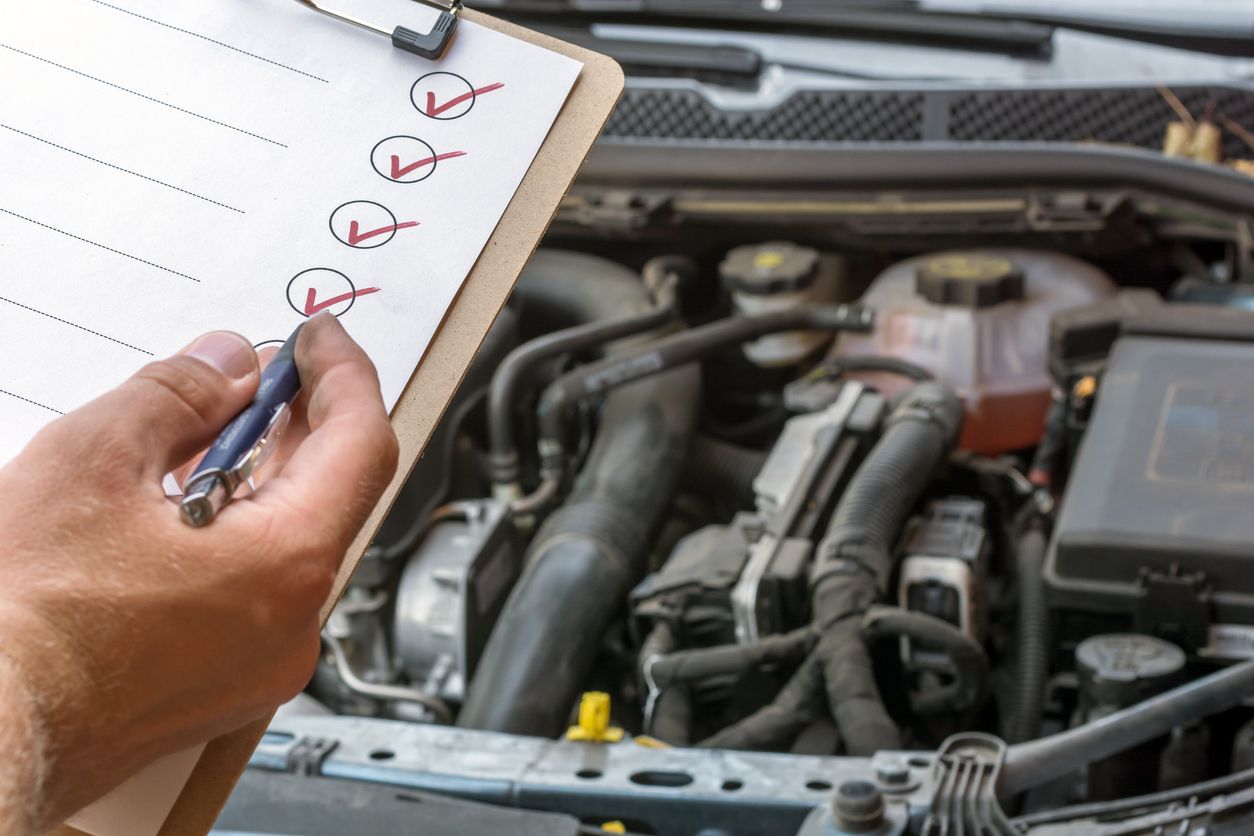All Categories
Featured
Unforeseen vehicle repairs can disrupt your financial resources, making automotive repair service insurance policy an appealing alternative for many vehicle drivers. Whether you're a brand-new vehicle proprietor or taking care of an older car, understanding the details of automobile repair insurance coverage and insurance coverage is important for making informed decisions.
What Is Automotive Fixing Insurance Coverage?
Automotive repair work insurance coverage, usually called mechanical failure insurance (MBI), is a plan developed to cover the expenses of replacing or repairing automobile parts after a failure. Unlike conventional auto insurance, which attends to accident-related damages, repair insurance concentrates on mechanical concerns unassociated to accidents.
What Does It Cover?
The certain coverage varies depending on the strategy and the insurance provider you choose. Normally, fixing insurance covers:
Engine Repairs: Consisting of parts like the timing belt, pistons, and cyndrical tube heads.
Transmission Fixes: Treatment the transmission and relevant components.
Electric System: Resolving issues with alternators, beginners, and onboard computer system systems.
Air Conditioning and Home Heating Solutions: Such as radiators, thermostats, and a/c systems.
![]()
Steering and Suspension: Including shocks, shows off, and power guiding mechanisms.
Nevertheless, plans frequently omit routine maintenance, wear-and-tear items like brake tires or pads, and aesthetic damages.
![]()
That Needs Automotive Repair Insurance Coverage?
While fixing insurance isn't obligatory, it can be useful for:
Proprietors of Older Cars: If your cars and truck runs out service warranty, fixing insurance can provide assurance against pricey malfunctions.
Constant Commuters: High-mileage drivers are most likely to experience mechanical concerns, making coverage a rewarding investment.
Motorists of Expensive Designs: Luxury or specialty lorries typically have greater repair costs, which can be mitigated by insurance policy.
Secret Benefits
Financial Defense: Assists avoid huge, unforeseen repair work bills.
Flexibility: Policies can be customized to cover particular parts or systems.
Comfort: Reduces anxiety regarding possible breakdowns.
Considerations Before Buying
Before dedicating to a vehicle repair insurance coverage, take into consideration these elements:
Policy Terms: Review what is and isn't covered to avoid shocks during a case.
Deductibles: Comprehend the out-of-pocket prices you'll need to pay prior to coverage begins.
![]()
Repair Work Store Options: Some insurance providers require you to utilize specific fixing facilities, which might be troublesome.
Premium Costs: Evaluate the yearly cost of the plan against the probability of needing major repair work.
Existing Guarantee: Inspect if your automobile's producer or supplier service warranty currently offers sufficient coverage.
Final Ideas
Automotive repair service insurance coverage can be a beneficial safeguard, specifically for drivers worried regarding the high costs of unanticipated fixings. By carefully evaluating policy options and aligning them with your driving habits and automobile demands, you can determine if this coverage is best for you. For added defense, always keep routine vehicle servicing to lessen malfunction risks and optimize your insurance coverage advantages.
What Is Automotive Fixing Insurance Coverage?
Automotive repair work insurance coverage, usually called mechanical failure insurance (MBI), is a plan developed to cover the expenses of replacing or repairing automobile parts after a failure. Unlike conventional auto insurance, which attends to accident-related damages, repair insurance concentrates on mechanical concerns unassociated to accidents.
What Does It Cover?
The certain coverage varies depending on the strategy and the insurance provider you choose. Normally, fixing insurance covers:
Engine Repairs: Consisting of parts like the timing belt, pistons, and cyndrical tube heads.
Transmission Fixes: Treatment the transmission and relevant components.
Electric System: Resolving issues with alternators, beginners, and onboard computer system systems.
Air Conditioning and Home Heating Solutions: Such as radiators, thermostats, and a/c systems.

Steering and Suspension: Including shocks, shows off, and power guiding mechanisms.
Nevertheless, plans frequently omit routine maintenance, wear-and-tear items like brake tires or pads, and aesthetic damages.

That Needs Automotive Repair Insurance Coverage?
While fixing insurance isn't obligatory, it can be useful for:
Proprietors of Older Cars: If your cars and truck runs out service warranty, fixing insurance can provide assurance against pricey malfunctions.
Constant Commuters: High-mileage drivers are most likely to experience mechanical concerns, making coverage a rewarding investment.
Motorists of Expensive Designs: Luxury or specialty lorries typically have greater repair costs, which can be mitigated by insurance policy.
Secret Benefits
Financial Defense: Assists avoid huge, unforeseen repair work bills.
Flexibility: Policies can be customized to cover particular parts or systems.
Comfort: Reduces anxiety regarding possible breakdowns.
Considerations Before Buying
Before dedicating to a vehicle repair insurance coverage, take into consideration these elements:
Policy Terms: Review what is and isn't covered to avoid shocks during a case.
Deductibles: Comprehend the out-of-pocket prices you'll need to pay prior to coverage begins.

Repair Work Store Options: Some insurance providers require you to utilize specific fixing facilities, which might be troublesome.
Premium Costs: Evaluate the yearly cost of the plan against the probability of needing major repair work.
Existing Guarantee: Inspect if your automobile's producer or supplier service warranty currently offers sufficient coverage.
Final Ideas
Automotive repair service insurance coverage can be a beneficial safeguard, specifically for drivers worried regarding the high costs of unanticipated fixings. By carefully evaluating policy options and aligning them with your driving habits and automobile demands, you can determine if this coverage is best for you. For added defense, always keep routine vehicle servicing to lessen malfunction risks and optimize your insurance coverage advantages.
Latest Posts
Change Your Shower Room Without the Anxiety
Published Apr 19, 25
1 min read
NAPA AutoCare Certified: Choose Montclare Auto Repair for Excellence
Published Apr 19, 25
2 min read
Call Montclare Auto Repair Now - Professional Service at Your Service
Published Apr 19, 25
2 min read